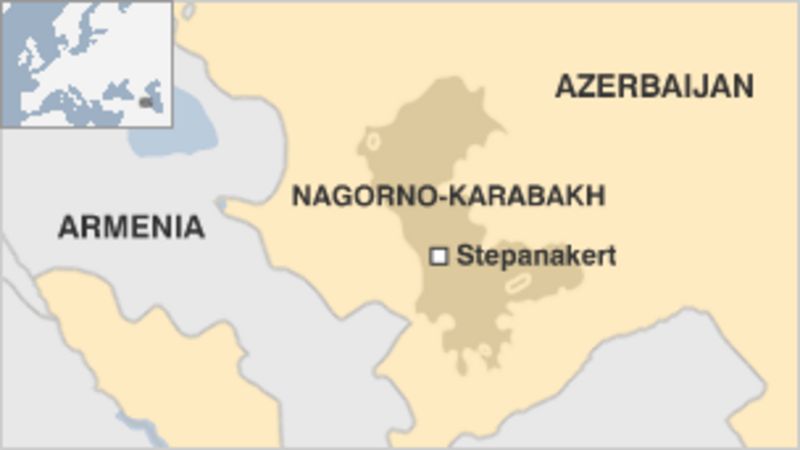The recent Nagorno-Karabakh conflict has clearly illustrated that Turkey’s President Recep Tayyip Erdogan is not hesitating at all in deploying his Jihadist brigade anywhere to promote his expansionist policies. Turkey sends its Syrian mercenaries that had fought previously in northern Syria and Libya, into the disputed enclave of Nagorno-Karabakh to fight alongside Azerbaijan. There have been multiple reports that at least around 1,500 Syrians fighters have so far been deployed to the disputed Nagorno-Karabakh region in the southern Caucasus. This proxy army or jihadist brigade of Turkey is mainly organized under the banner of the Syrian National Army (SNA). In December 2017, Turkey regrouped all the pro-Turkish Arab and Turkoman military forces in Syria and founded the Syrian National Army (SNA).
The SNA is a Turkish-backed Syrian armed opposition group composed of 80,000 to 100,000 fighters. Initially, the objective of reorganizing the pro-Turkish Syrian opposition forces under the banner of SNA was to effectively challenge the Syrian President Bashar Al-Assad. But eventually, SNA has become just a mercenary force that works on the disposal of Turkey which uses it as cannon fodder. Ankara deploys them as an auxiliary to the Turkish armed forces, the main fighters on the ground that would risk their lives to accomplish Turkey’s strategic goals. So that Turkey’s own soldiers don’t have to risk their lives. This jihadist brigade is mainly used for foreign expeditions. Because Turkey’s foreign policy under Erdogan started to follow a neo-Ottoman and pan-Turkic path, often clashing with its neighbours and other players in the Middle East. In order to fulfill his dream, Erdogan needed a loyal army composed of mercenaries. As mercenaries are less costly, and they can be skillful and ready to fight for money.
First of all, these paid fighters battled Kurdish forces in Syria so that Turkey can secure its own borders in two separate military campaigns. Then they were sent to Libya to help protect the government in Tripoli, and now they find themselves in Azerbaijan, fighting a faraway foe. But this experiment of Erdogan of creating a parallel army that is affiliated to its national army is not new. The deployment of mercenaries by the Ottoman state dates back to the nineteenth century when its head, Sultan Abdul Hamid II, created the Hamidian Cavalry which was drawn predominantly from Turkmen and Kurdish tribes. The Sultan supplied them with weapons, organizational structures, training, and immunity as they attacked Christian minorities and critics of the Sultan. Also, in modern times Turkish state revitalized the mercenary model with the establishment of the village guard system against the Kurdistan Workers’ Party (PKK) in the Kurdish region of Southeastern Anatolia. The Turkish military either coerced or lured poor Kurdish peasants with economic rewards, such as monthly wages and pension funds, to become village guards and participate in the Turkish operation against the PKK.
The village guard model is still in operation in the Kurdish region of Turkey, and partially in Kurdistan’s region of Iraq. Now this domestic model Turks wants to use for overseas engagement as they get inspiration from Iran that uses its proxies like-Hezbollah and Iraqi Shia militias to push forward its geopolitical agenda. But these proxies of Turkey are predominately jihadists and if they expand their presence in the region even on behalf of Turkey then there is a real threat of a new wave of extremism. In other words, across much of the region, Islamist extremists have become the new face of Erdogan’s aggressive expansionist policy, causing violent conflicts, chaos, and intervention.
It will be right to say that for all practical purposes Turkey now uses its proxy army the way Iran utilizes Lebanese Hezbollah. Also, Turkey is so rapidly inserting its Syrian proxies into various conflicts signals Turkey’s simultaneous desire to broaden its interventions overseas and its efforts to maintain plausible deniability. These mercenaries are a serious threat to the stability of the whole Middle East and could lead to further deterioration of an already fragile situation. This could ultimately impact other important states in the region if they fail to prevent the Turkish regime from deploying lawless mercenaries who act as ruthless killing machines on behalf of the Turks. Ankara’s long-term objective is to reshape the geopolitical landscape of the region. These mercenaries will not only prove to be a ticking time bomb for Turkey’s rivals but to the whole region as they will definitely fuel the fire of extremism.
President Erdogan wants to revive the dream of Enver Pasha and not just in the Middle East but in the territories stretching from North Africa to Central Asia. He is emboldened by the fact that there is no united front to contain his expansionist ambitions as Erdogan’s foes are fragmented and weak. Hence it becomes necessary for the all stakeholders who want to see a peaceful and stable Greater Middle East to restrain the Turkish President otherwise the region will see another rogue regime like Iran.





